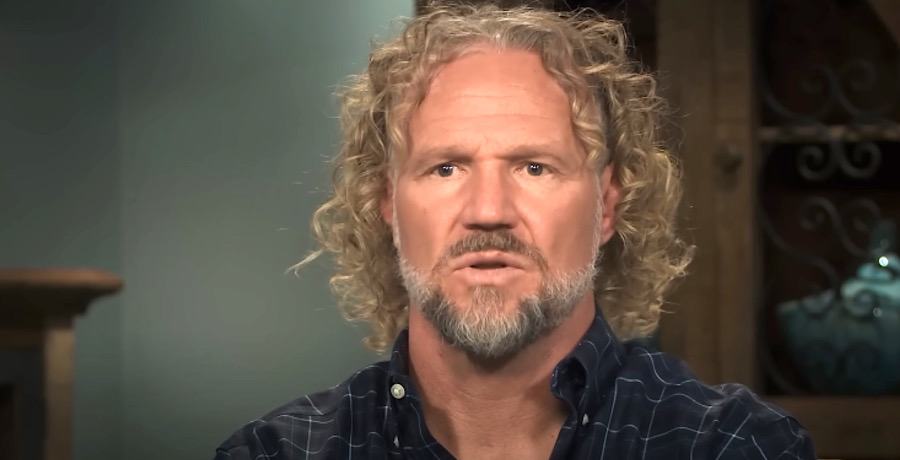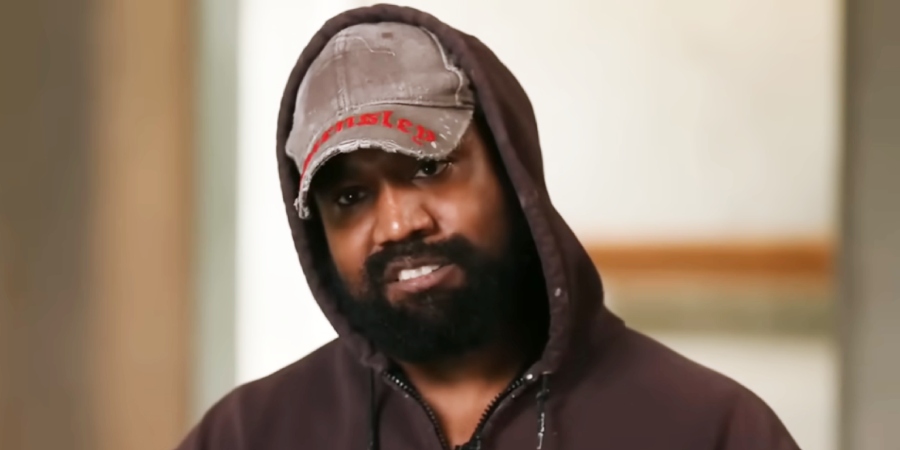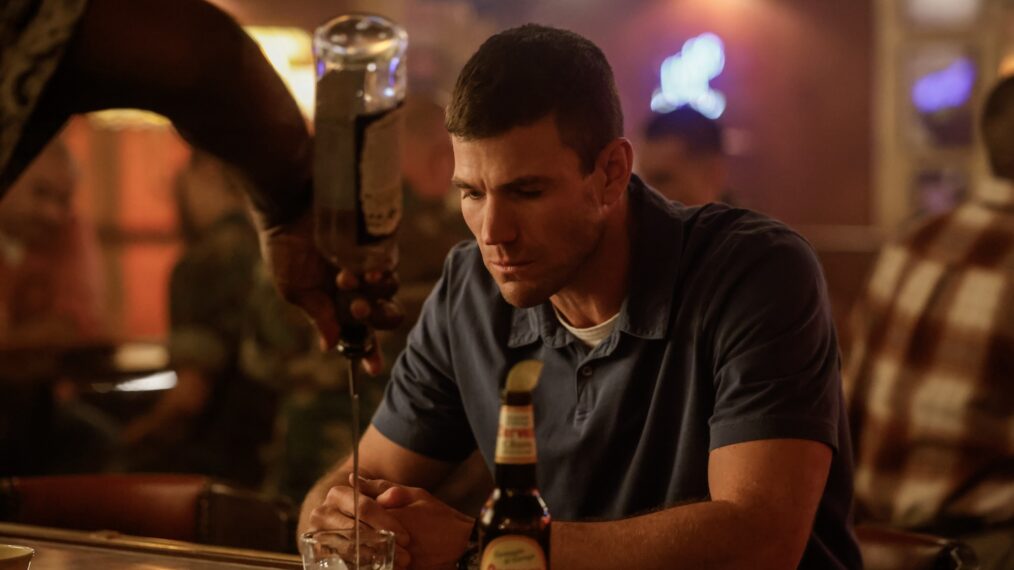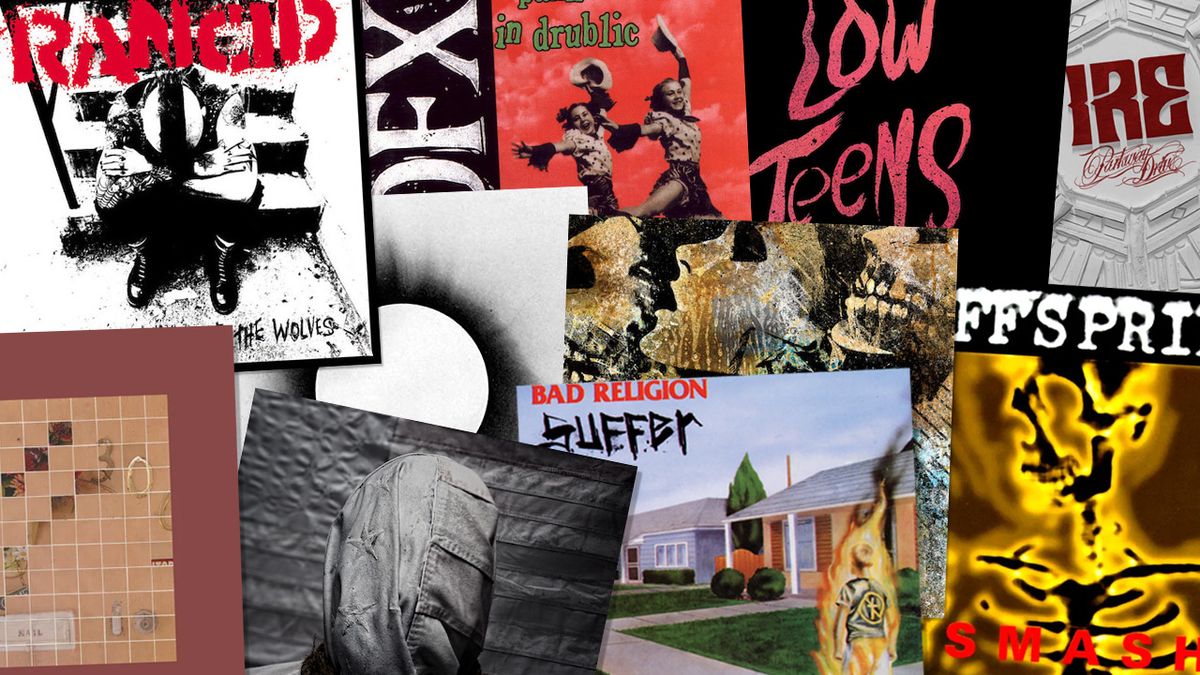After a $1000 loan from his dad, a teenager named Brett Gurewitz set up a record label in 1981 purely as a means to release his band Bad Religion’s self-titled EP. Taking its name from a song by the least punk of all bands, King Crimson, Epitaph Records was born.
Over the last four decades, the label has enjoyed one of the most unbelievable transformations in the history of the music industry. From those early hardcore DIY beginnings, it became the go-to punk rock label when the genre was thrust into the mainstream in the mid-90’s. Since then, it has branched out from punk and established itself as one of the most diverse labels in alternative culture, releasing albums by some of the biggest names in hardcore, alt-rock, emo, metalcore and beyond.
Looking at their roster, it would be an impossible task to select their 10 most important albums. Yet, with a clear metal bias, it’s something we managed to do in the end. Just.
Bad Religion – Suffer (1988)
After just a few years, Bad Religion parted ways in 1984 after the prog-like misfire of the Into The Unknown album. Internal tensions were also exacerbated by Gurewitz’s addiction to heroin.
Soon after, they temporarily regrouped with Circle Jerks guitarist Greg Hetson as his replacement, and recorded the Back to the Known EP the following year. Then they split again.
In 1986, the band reunited and released their third album, Suffer, the following year. It’s an amazing sliding doors moment in American hardcore, as the idea of this record not existing would throw doubt over the longevity of Epitaph and the careers of many successful punk bands of the last 30 years.
Suffer is one of the most influential releases in the history of punk rock. With 15 tracks over 26 minutes, this is Bad Religion firing on all cylinders. Listen to How Much Is Enough, Give You Nothing and the iconic scratchy riff of opener You Are (The Government); each song is brimming with righteous indignation, pummelling power and Greg Graffin’s instantly recognisable vocal style.
A landmark release.
Buy Suffer on Amazon (opens in new tab)
The Offspring – Smash (1994)
Almost 30 years after its release, Smash remains the biggest-selling independent album of all time, and it’s likely to stay that way forever.
The Offspring’s third full-length album is certainly the most important record in the history of Epitaph’s lifetime. Who’d have imagined that a band who supported Pennywise in 1993 would go into the studio later that year and emerge with a set of songs which would turn them into multi-platinum megastars?
Even now, The Offspring’s fusion of skate punk and alt-rock still sizzles on Self Esteem and Come Out and Play (Keep ‘Em Separated), which remain as anthemic as the day they were released.
Buy Smash on Amazon (opens in new tab)
NOFX – Punk in Drublic (1994)
NOFX were the most antagonistic of the 90’s skate punk crew. And as punk crossed over into the mainstream, the Californian four-piece were so utterly disinterested in playing the game that they actually told MTV and major labels to explicitly ignore them in both the liner notes of this album and on the lead single Leave it Alone.
You could argue that it’s a shame that band leader Fat Mike is so keen on keeping NOFX as an underground proposition, as Punk in Drublic boasts perfectly written, boisterous blasts of melodic punk. But really, it’s the snotty sarcasm and disdain that informs this release – check out The Brews, Don’t Call Me White, Linoleum and Dig – that makes this an essential album and one which cemented NOFX’s reputation as a truly great punk band.
Buy Punk in Drublic on Amazon (opens in new tab)
Rancid – … And Out Come The Wolves (1995)
Rancid’s third album remains one of the most wonderfully anthemic set of songs in punk rock history.
Injecting the pop-punk boom a little touch of Oi! and classic street punk vibes, … And Out Come the Wolves has the alchemy between working class, underground music, hooks the size of the Himalayas and romantic lyrics about the nature of brotherhood and friendships perfectly realised. It also fizzes with more energy than a kid’s birthday party.
Just listen to Roots Radical, Maxwell Murder, Ruby Soho, Junkie Man and Time Bomb. The entire track list reads like a 90’s punk rock greatest hits compilation.
In short, a perfect album.
Buy …And Out Come The Wolves on Amazon (opens in new tab)
Converge – Axe to Fall (2009
The final instalment of the Boston hardcore legends perfect four-album run, Axe to Fall marked the final evolution of Converge from Jane Doe’s scabrous, acidic noise in 2001, through the equally brilliant but increasingly more experimental, elongated and ethereal influences that peppered both 2004’s You Fail Me and 2006’s No Heroes, to full-blown art-hardcore, noise terrorists.
From the seething intensity of Dark Horse, it’s clear Converge start as they mean to go on. But by the time the seven-minute-plus dreamscape of album closer Wretched World, via the death metal of Cutter, the torturous psychedelic stomp of Worms Will Feed/Rats Will Feast and Steve Von Till and Aimee Argote duetting on the barroom piano march of Cruel Bloom, it’s hard to imagine any other directions Converge as a collective could have gone here.
If anyone tells you heavy music is one-dimensional, this is the album to shut them up.
Buy Axe to Fall on Amazon (opens in new tab)
letlive. – The Blackest Beautiful (2013)
The late 90s and early 00s post-hardcore scene was led the likes of Refused, Glassjaw and At The Drive-In. And for a decade, fans of this genre longed for another band that could deliver similar thrills. Then letlive. came along and channeled these bands all at once. Their third record should really have turned them into the biggest band in rock, as The Blackest Beautiful is a 10/10 classic, which takes the blueprint of manic post-hardcore, and allows frontman Jason Aalon Butler to live out his best HR, Ol’ Dirty Bastard and Sam Cooke fantasies throughout.
The album production, despite being oddly divisive amongst some fans, actually works by cranking the bass up as high as it will go as if it was a gangster rap album from 1993. Whatever your feelings, this combination makes it sound unique, and nothing in any genre related to The Blackest Beautiful has come close to its majesty since.
Buy The Blackest Beautiful on Amazon (opens in new tab)
Parkway Drive – Ire (2015)
There were more than a few eyebrows raised when Ire’s lead single Vice Grip was released. Why would the usually reliable Aussie metalcore crew lean so heavily into classic heavy metal? If it ain’t broke, why fix it?
These days, that opinion feels acutely naïve. Parkway Drive are now an arena band and this album, alongside their jaw-dropping live shows, is what propelled them to where they are today.
On Ire, the Aussie band really reached beyond the boundaries of metalcore. There were dual guitar leads and huge dollops of melody on opener Destroyer, while they employed a huge Rage Against The Machine groove on Crushed. They even pulled influence from the gothic melodrama of Nick Cave and Tom Waits on Writings on the Wall.
All the wildest flights of fancy of Parkway Drive’s career are here and, most impressively, they all work. But if we had to pick a moment that really cements Ire place in this list, it’s surely snapping our necks to Bottom Feeder.
Proof that risks pay off sometimes.
Buy Ire on Amazon (opens in new tab)
Architects – All Our Gods Have Abandoned Us (2016)
Architects’ seventh album was to be their final release before the iconic band’s lead songwriter and visionary Tom Searle passed away at the tragically young age of 28.
His final statement is also his most essential, as All Our Gods Have Abandoned Us shows just what metalcore can be when the genre’s shackles are truly tossed aside. Savagely angry, yet mournful, vocalist Sam Carter’s incredible vocal range is the perfect foil for Searle’s lyrics exploring the selfishness, ignorance and apathy of modern society. It also features more than a few nods to his own mortality – not that we understood at the time – but this heartbreaking depth adds an extra layer to the album which grows in power as the years pass.
Songs like Nihilist, Downfall and Gone With the Wind are now established as some of the very finest songs in Architects’ canon, but it’s Memento Mori that makes this a classic. With a running time of around eight minutes, this album closer is full of twists, turns and previously unheard forays into sonic experimentation, and remains their greatest song.
Tom Searle, 1987 – 2016
Buy All Our Gods Have Abandoned Us on Amazon (opens in new tab)
Touché Amoré – Stage Four (2016)
Stage Four may not the most high-profile record on this list, but it’s an album of such heartbreaking, poignant and unfiltered honesty that it has earned its place here.
Touché Amoré’s first Epitaph release was also their finest moment, mainly due to frontman Jeremy Bolm using the record to detail the events following his mother’s death.
While the band deserve immense credit for the wonderful music which soars, fades and fizzes throughout, this is Bolm’s album. His performance is everything here; the pain, grief and struggle of his situation is present on every syllable. When his late mother’s final voicemail is played at the close of the elegant final track Skyscraper, it’s impossible not to be deeply moved.
Music as catharsis has rarely been so excellently realised.
Buy Stage Four on Amazon (opens in new tab)
Every Time I Die – Low Teens (2016)
After 18 years, eight outstanding full-length albums and a touring itinerary to shame most bands, you’d have thought Every Time I Die would have started to slow down and eventually run out of creative steam.
But when Low Teens was released in 2016, it was quite the opposite, with many fans and music publications lauding the release as their career best.
This is the sort of album Every Time I Die fans had come to expect: math-y metallic hardcore, hints of southern rock and angular noise, topped off with Keith Buckley savagely delivering his loquacious, world-weary lyrics. But Low Teens – informed by the frontman’s harrowing experience of almost losing his then-wife and unborn child – is of a standard that is beyond many bands’ reach.
Listen to The Dillinger Escape Plan country twang of Glitches, or The Coin Has a Say, which feels like Mastodon covering Minor Threat. Then there’s album highlight Map Change which manages to be the best Kurt Cobain pop song never wrote, propelled by a riff worthy of Lamb of God.
The band have never sounded so good.
Buy Low Teens on Amazon (opens in new tab)




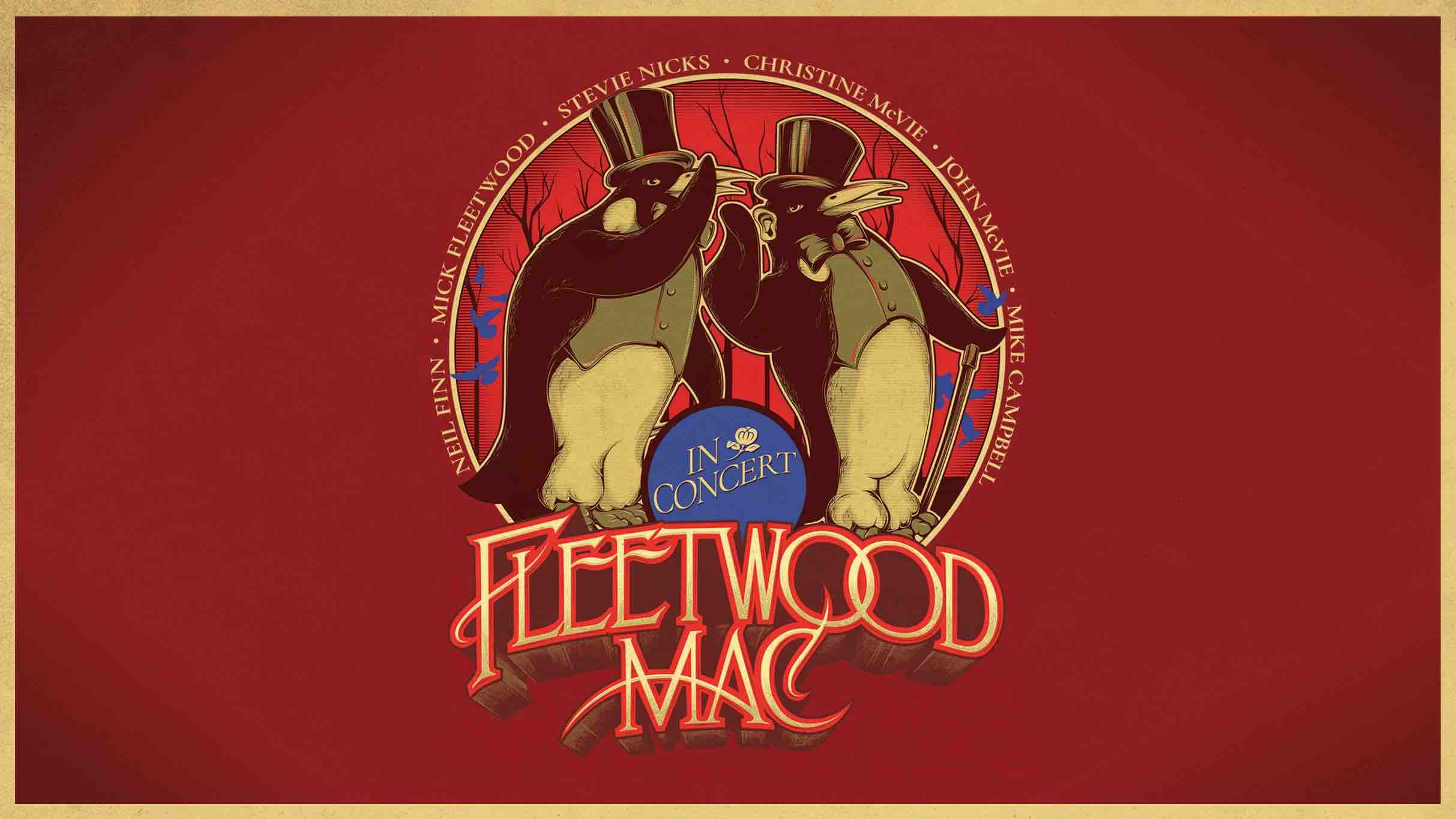

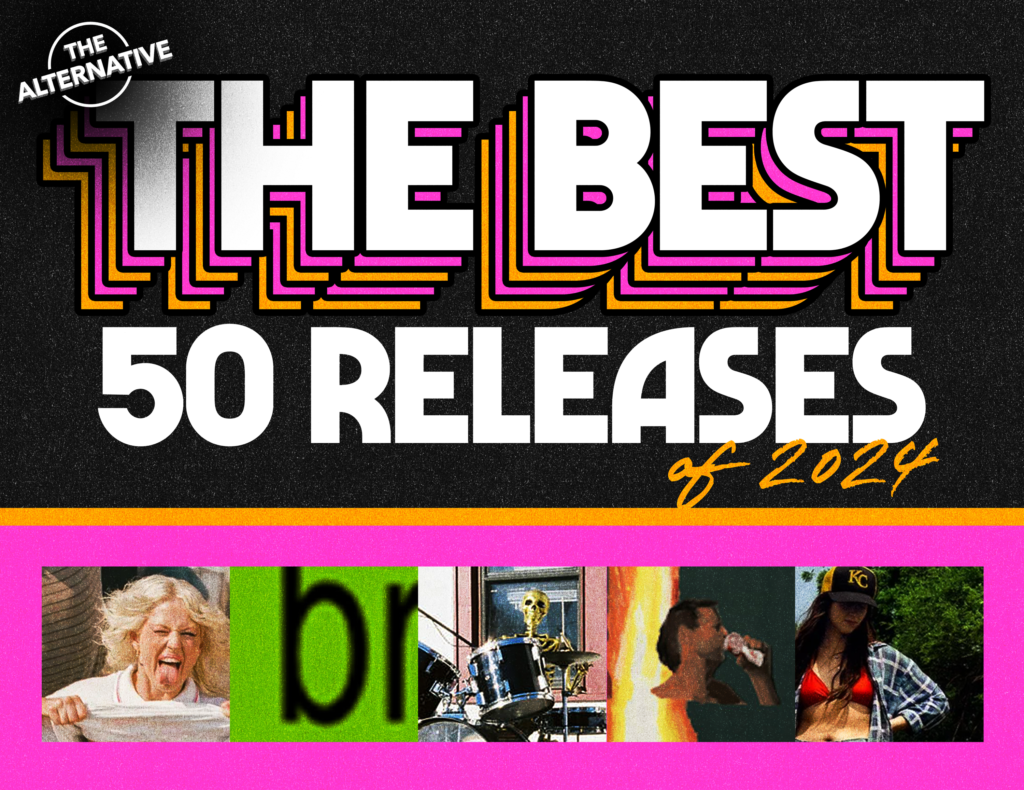





















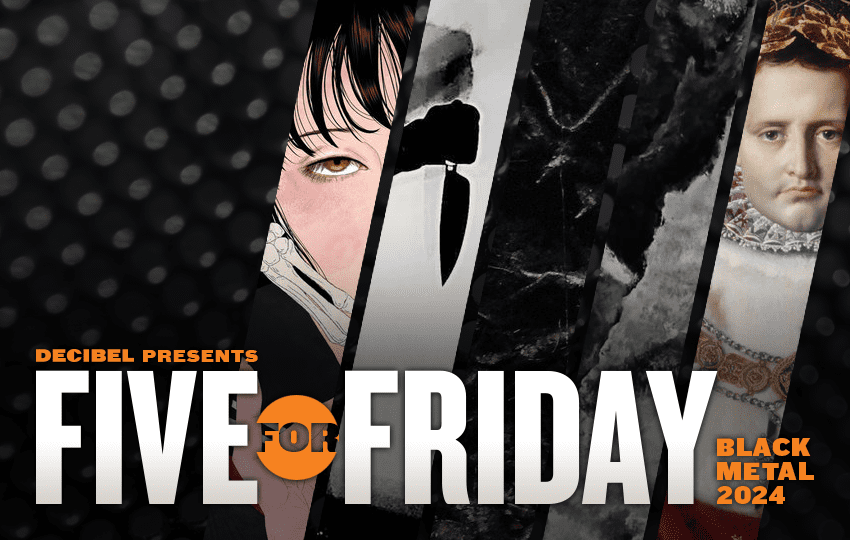
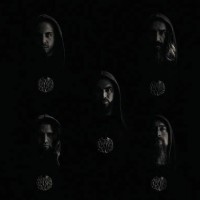

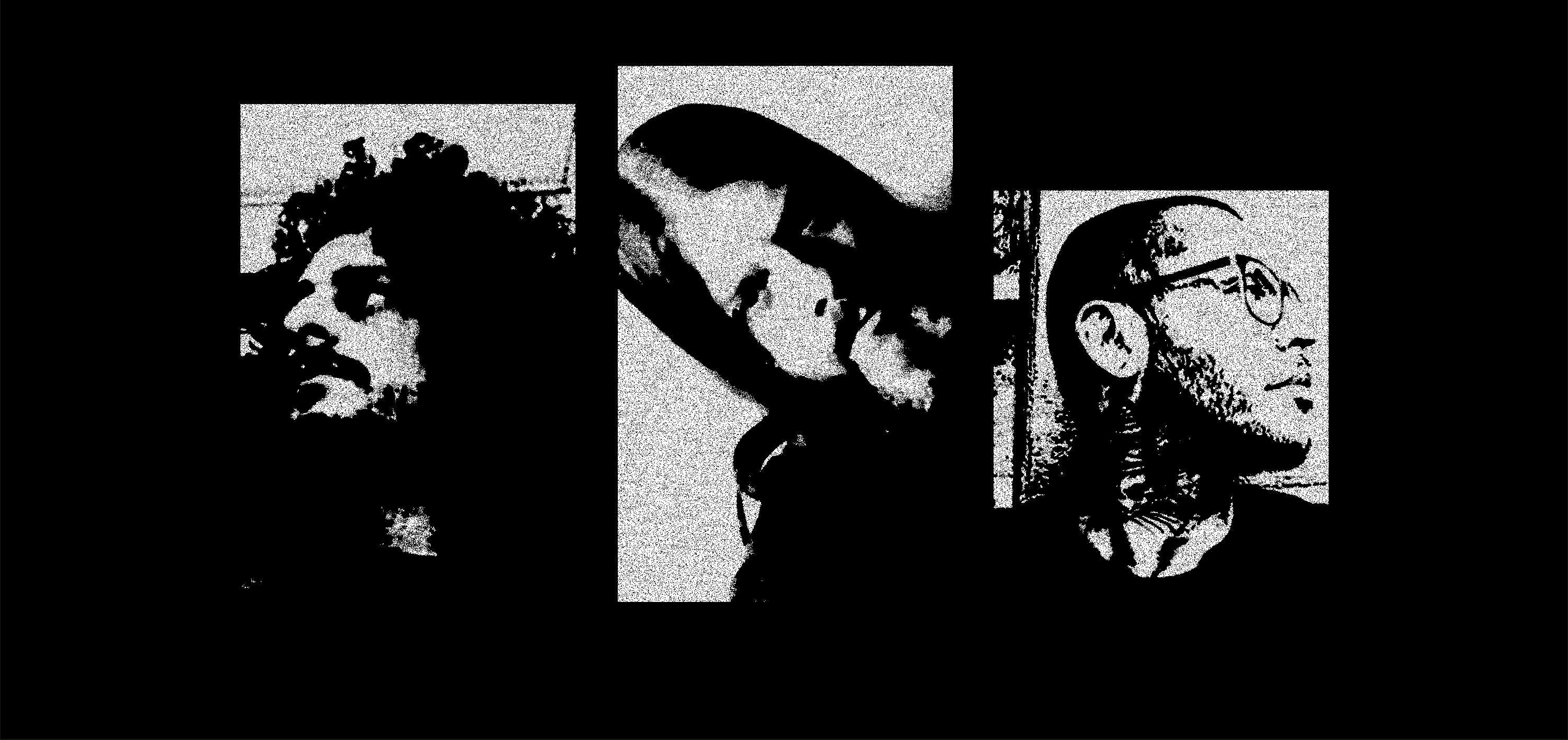
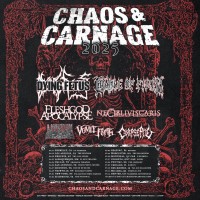

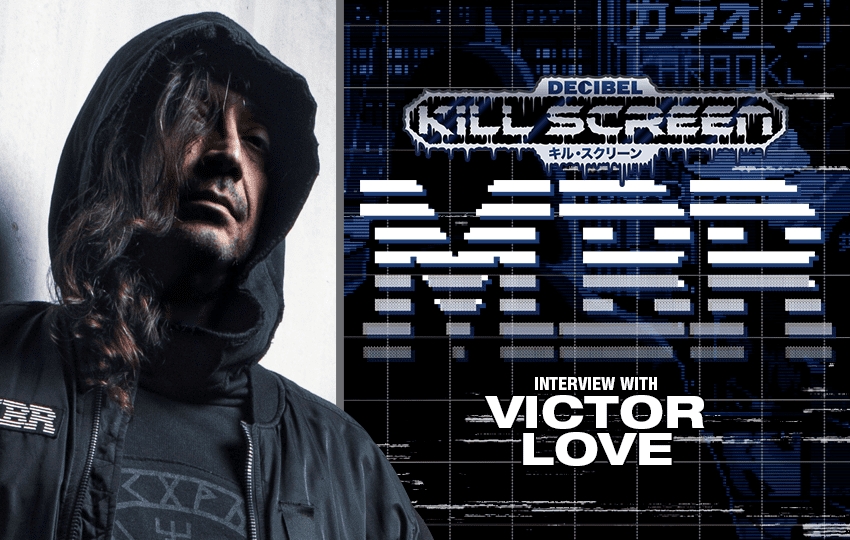



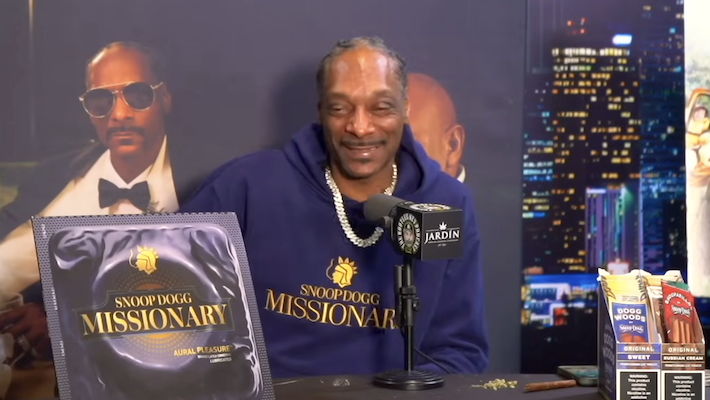







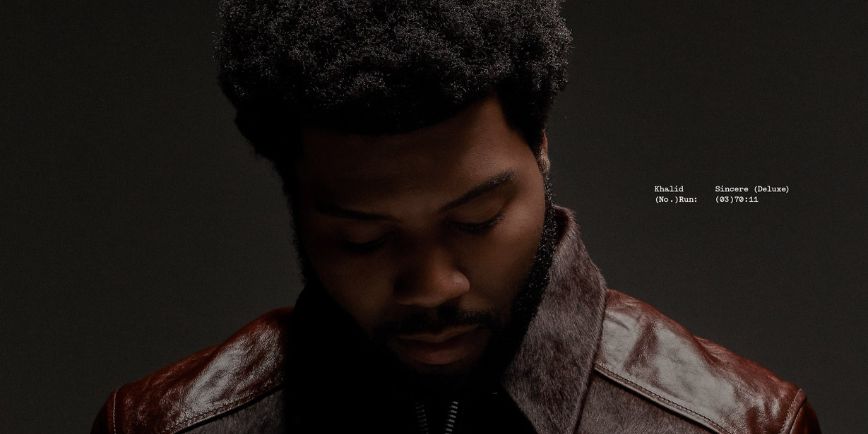


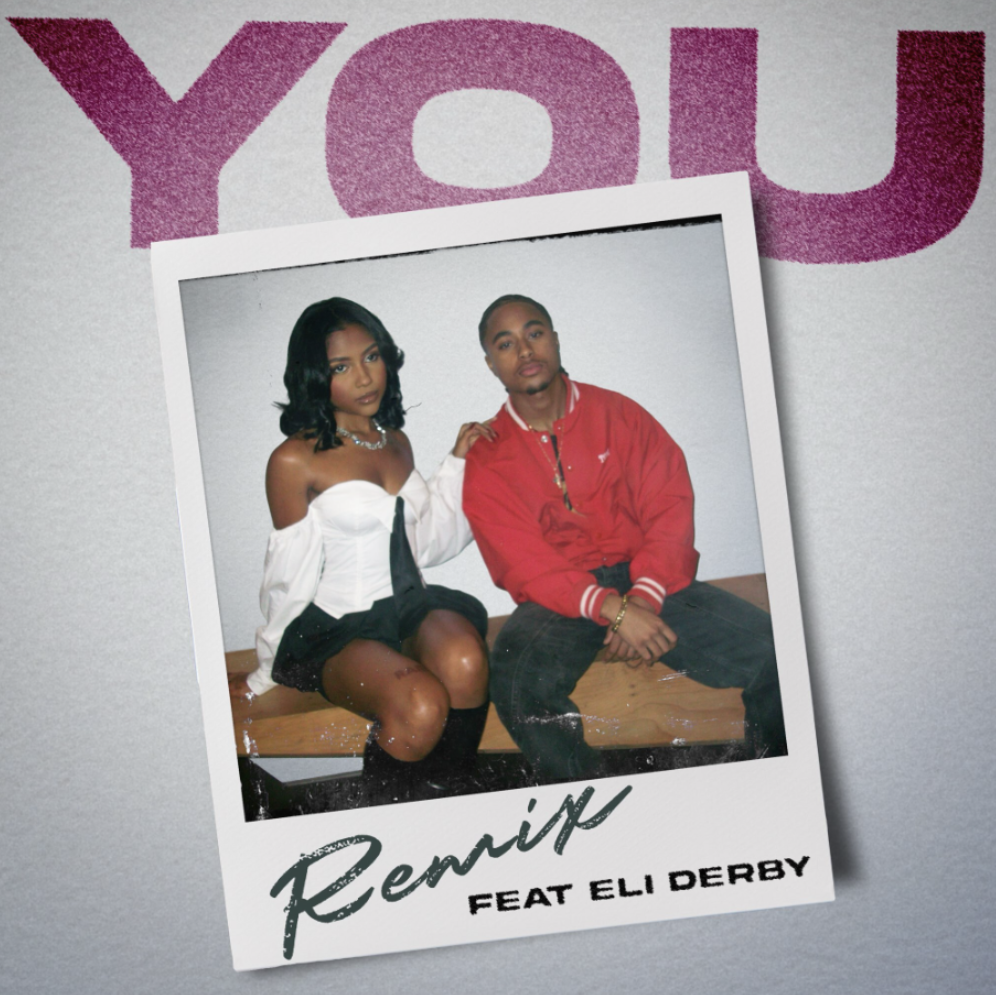
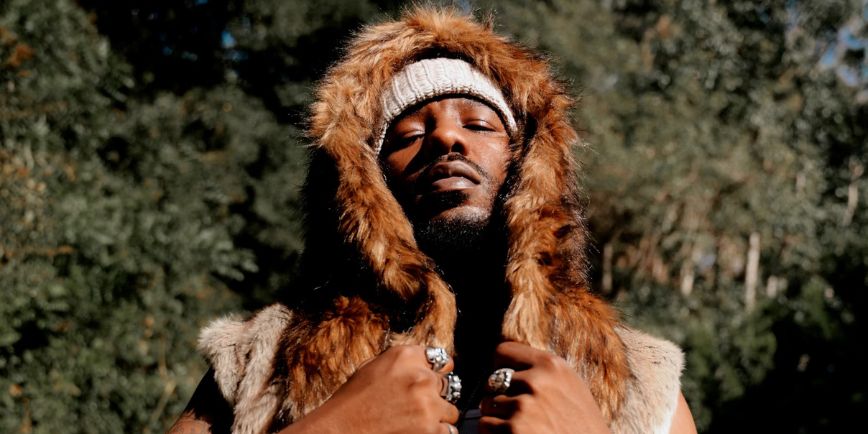

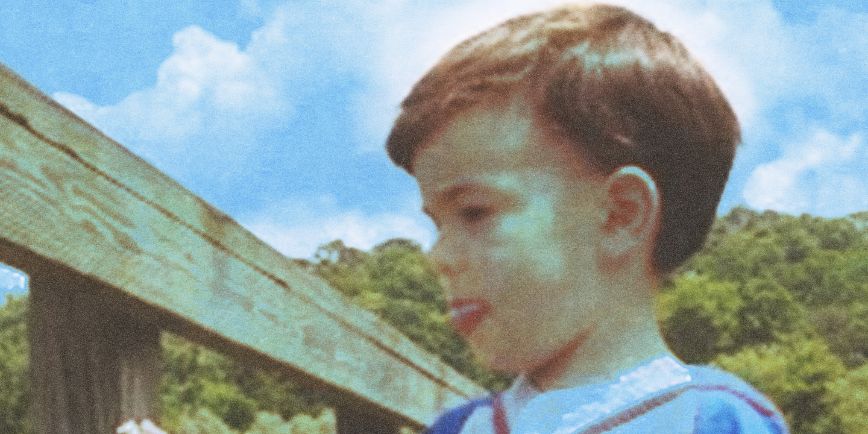















![Ciara – Da Girls [Official Video] Ciara – Da Girls [Official Video]](https://i.ytimg.com/vi/M2z-RZR0P3Y/maxresdefault.jpg)












